Emotional eating is more than just an occasional indulgence in comfort food; it’s a pattern that can sabotage our health and wellness goals. Driven by a complex interplay of emotions and biochemical reactions, it can lead to unwanted weight gain and poor nutritional choices. At the heart of this issue lies the need for an effective strategy to break free from the cycle and regain control over our eating habits. Understanding the root causes and implementing mindful practices can cultivate resilience against emotional eating.
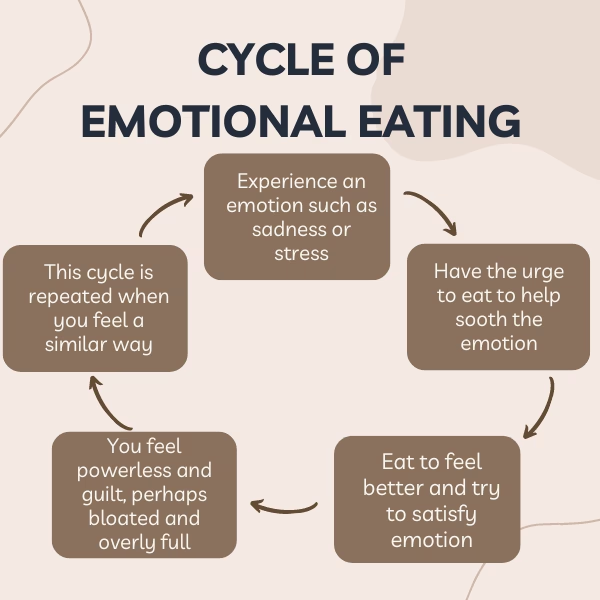
Understanding Emotional Eating
Emotional eating often stems from a variety of psychological triggers, including stress, boredom, and even happiness. When emotions run high, the body sometimes craves certain foods to cope, leading to temporary satisfaction but long-term dissatisfaction. Psychology Today explains that emotional eating can become habitual when unmanaged emotions arise. Recognizing these triggers is the first step in addressing the problem.
Common Emotional Triggers
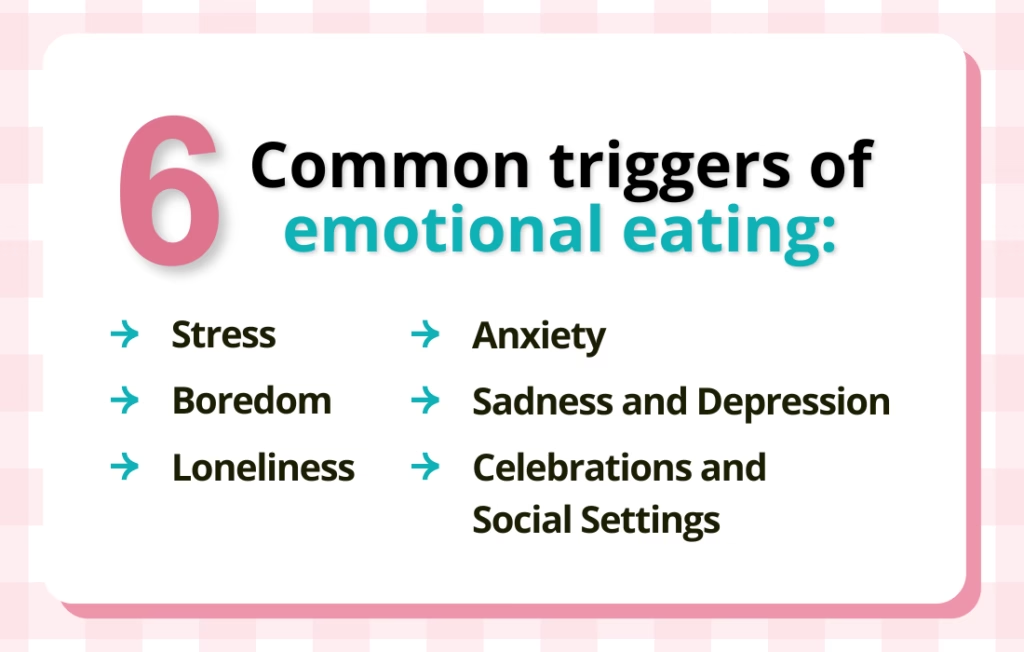
- Stress: The body’s response to stress often involves increased cortisol levels, which can lead to cravings for sugary and fatty foods.
- Boredom: Eating can serve as a way to fill time and provide a temporary sense of fulfillment.
- Happiness: Celebratory occasions can trigger overeating even in the absence of hunger.
- Sadness: Consuming comfort foods can be a misguided attempt to boost mood and energy levels.
Strategies for Overcoming Emotional Eating
Breaking the cycle of emotional eating involves a combination of awareness, planning, and support. Here are practical strategies to gain control over emotional eating habits:
Mindful Eating Practices
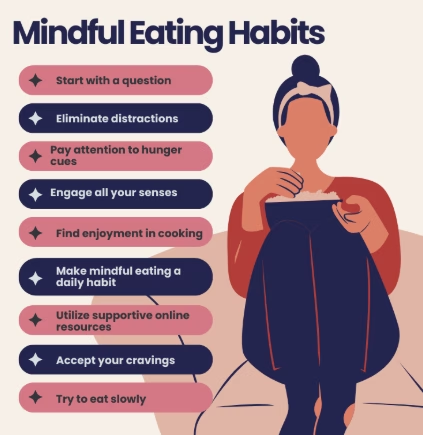
Mindful eating involves paying full attention to the experience of eating and enjoying food without distraction. This practice encourages individuals to savor each bite, recognize hunger cues, and make conscious food choices. We suggest starting with minor changes, such as eating at a slower pace and appreciating the textures and flavors of your food.
Building a Support System
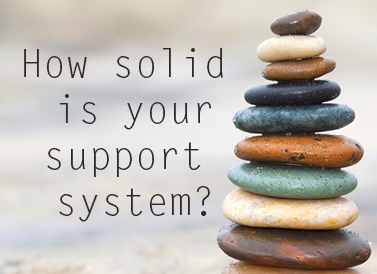
Engaging with a supportive community can significantly help overcome emotional eating. Our nutrition counseling and weight loss programs guide the development of healthier eating habits through personalized support. Additionally, reading through different blogs can address specific emotional and physical health concerns, fostering a holistic approach to wellness.
Practical Tips to Manage Emotional Eating
- Keep a Food Journal: Tracking meals and emotional states can help identify patterns in emotional eating.
- Plan Meals: Preparing meals in advance, as taught in our cooking classes, reduces impulsive eating and promotes balanced nutrition.
- Practice Stress-Relief Techniques: Incorporating yoga, meditation, or walking can reduce stress levels and curb emotional eating triggers.
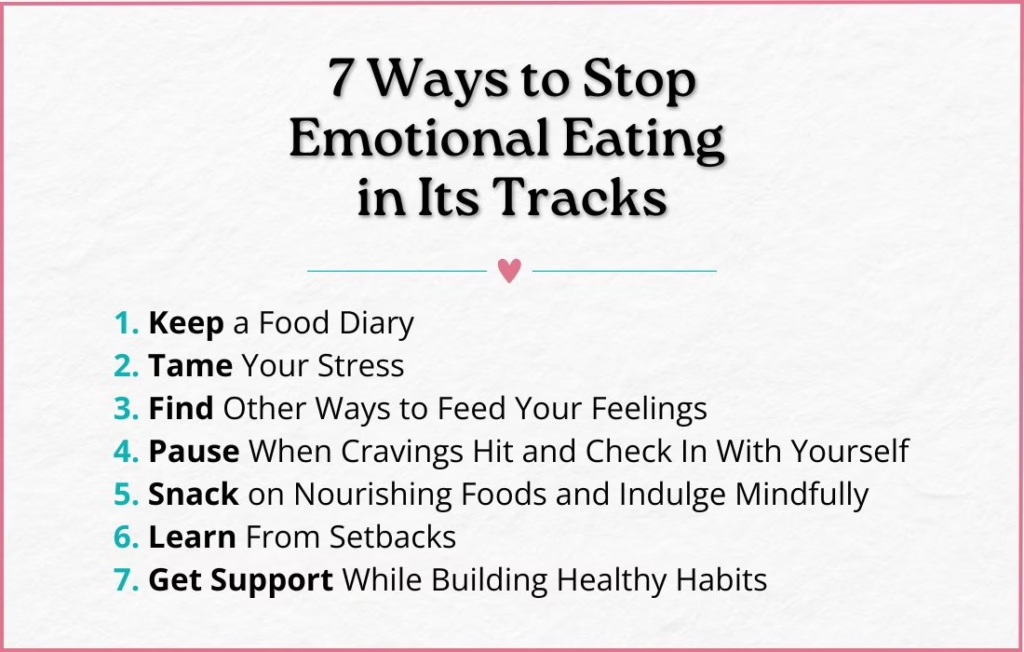
By incorporating these strategies into your lifestyle, emotional eating can become more manageable, allowing you to embrace a healthier, more balanced relationship with food. At Slim180 Weight Loss, we offer various resources, including blogs, to support you on this transformative journey. Remember, overcoming emotional eating is not about perfection but progress; every small step counts.
